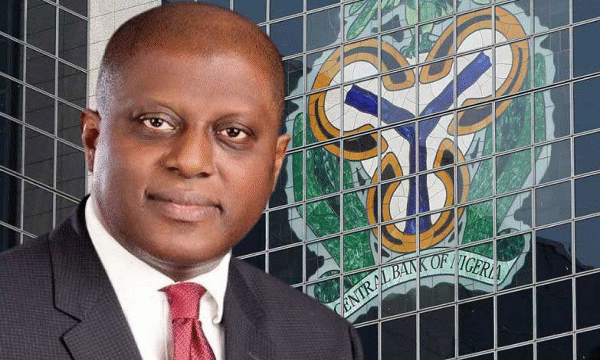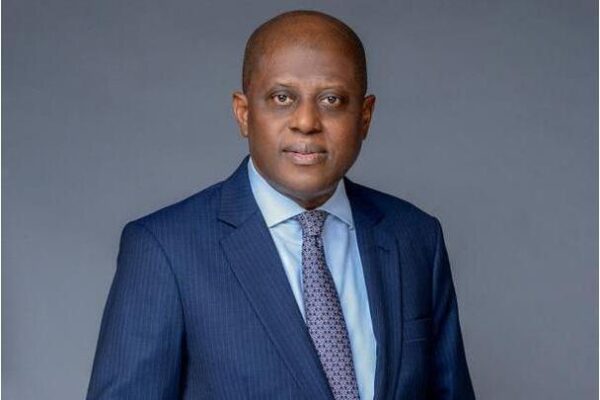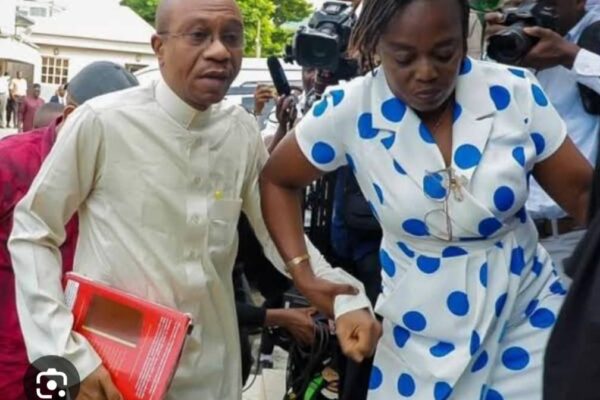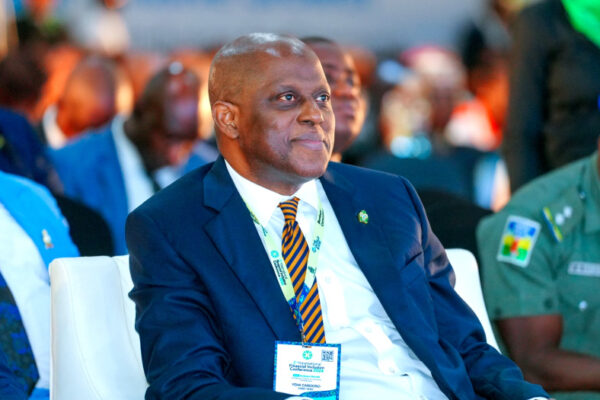Socio-Economic Rights and Accountability Project (SERAP) has urged the Governor of the Central Bank of Nigeria, Mr Olayemi Cardoso, to use his ‘leadership position to immediately withdraw the patently unlawful, unfair, unreasonable and unjust increase in Automated Teller Machine (ATM) transaction fees’. SERAP urged him to ensure that the exercise of CBN statutory powers and functions does not inflict misery on poor Nigerians and contribute to human rights abuses. The CBN recently announced that ATM withdrawals made at a machine owned by a bank but outside its branch premises will now attract a charge of N100 per N20,000 withdrawn. ATM withdrawals at shopping centres, airports or standalone cash points, will incur a N100 fee plus a surcharge of up to N500 per N20,000 withdrawal. Banks ‘are advised to apply the increased ATM fees with effect from March 1, 2025.’ In the open letter dated 15 February 2025 and signed by SERAP deputy director Kolawole Oluwadare, the organisation said: “the manifestly unlawful, unfair, unreasonable, and unjust increase in ATM transaction fees will hit hardest those at the bottom of the economy and exacerbate the growing poverty in the country.” SERAP said, “The increase in ATM transaction fees ought to have been shouldered by wealthy banks and their shareholders, not the general public. The increase only benefits the CBN and commercial banks at the expense of poor Nigerians.” According to SERAP, “CBN policies should not be skewed against poor Nigerians and heavily in favour of banks that continue to declare trillions of naira in profits mostly at the expense of their customers. The increase in ATM transaction fees would inflict misery on poor Nigerians and contribute to human rights abuses.” The letter, read in part: “The increase in ATM transaction fees is also entirely inconsistent with the oft-expressed commitment by the government of President Bola Tinubu to address the growing poverty across the country.” “We would be grateful if the recommended measures are taken within 48 hours of the receipt and/or publication of this letter. If we have not heard from you by then, SERAP shall take all appropriate legal actions to compel you and the CBN to comply with our request in the public interest. “The exorbitant and unlawful increase in ATM transaction fees at a time the country is facing economic and financial crises would contribute further to the impoverishment of the population. “Imposing exorbitant ATM transaction fees on socially and economically vulnerable Nigerians at a time several Nigerian banks are declaring trillions of naira in profits yearly is manifestly unfair, unreasonable and unjust. “The increase cannot be justified under the Nigerian Constitution 1999 [as amended], the CBN Act, Federal Competition and Consumer Protection Act, and the country’s international human rights obligations. “The patently unlawful, unfair, unreasonable and unjust increase in ATM transaction fees also inherently contributes to violations of the human rights of socially and economically Nigerians. “The increase creates a two-tiered financial system that discriminates against poor Nigerians who may not be able to afford or pay the increased fees. “While the government of President Tinubu has primary responsibility for protecting the rights of Nigerians, the CBN also has the responsibilities to ensure that its practices and guidelines do not cause or contribute to human rights abuses. “The CBN could play an important role in promoting economic opportunities for Nigerians where the majority of the people live in poverty. “The CBN is failing to comply with the Nigerian Constitution, the Federal Competition and Consumer Protection Act and the country’s international human rights obligations in the exercise of its statutory powers and functions. “The CBN is also compromising its stated mission to advance the management of the country’s economy, and ultimately, sustainable development. “According to our information, the CBN through a Circular to all banks and other financial institutions dated February 10 2025 stated that it has reviewed and increased the ATM transaction fees prescribed in section 10(7) of the CBN Guide to Charges by Bank, Other Financial and Non-Bank Financial Institutions 2020. “Section 42(1)(a) of the CBN Act 2007 provides that ‘The Bank shall wherever necessary seek the co-operation of and co-operate with other banks in Nigeria to – (a) promote and maintain adequate and reasonable financial service for the public.’ It also provides that any policy of the CBN ‘shall be in the national interest.’ “Section 1(c)(d) of the Federal Competition and Consumer Protection Act, 2018 provides that the objectives of the Act are to ‘protect and promote the interests and welfare of consumers’ and ‘prohibit restrictive or unfair business practices’ such as the exorbitant and unreasonable increase in ATM transaction fees by the CBN. “Significantly, the provisions of the Federal Competition and Consumer Protection Act are directly binding on the CBN, as the provisions constrain the exercise of the statutory powers and functions of the institution. “Specifically, section 2(1) the Act provides that its provisions ‘apply to all undertakings [such as the CBN] and scope of application to all commercial activities within, or having effect within, Nigeria. “Section 2(2) provides that, ‘This Act also applies to and is binding upon- (a) a body corporate or agency of the Government of the Federation; (b) a body corporate; (c) all commercial activities aimed at making profit and geared towards the satisfaction of demand from the public.’ “According to section 70(1) of the Act, ‘For the purpose of this Act, an undertaking [such as the CBN] is considered to be in a dominant position if it is able to act without taking account of the reaction of its customers or consumers.’ “The Act prohibits abuse of dominant position by the CBN including charging excessive ATM transaction fees to the detriment of consumers. “Section 104 of the of the Act asserts the supremacy of the Act over ‘the provisions of any other law’, such as the CBN Act. The only exception to the provision is the Nigerian Constitution 1999 [as amended]. “Section 127(1) of the Act also prohibits the CBN from making any policy or providing “any services at…






